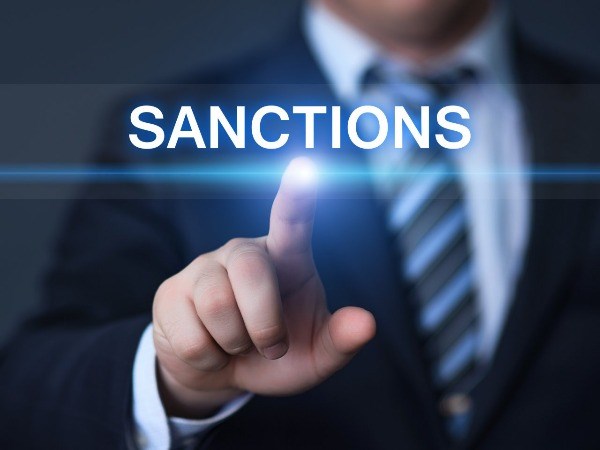EU extends economic sanctions against Russia
On December 14, President of France Emmanuel Macron and German Chancellor Angela Merkel updated the EU council on the current state of implementation of the Minsk agreements, to which the sanctions are linked. Due to the lack of progress, the European Council made a political proposal to extend the economic sanctions.
Restrictions concern the financial, energy and defense sectors, as well as dual-use goods. These measures were initially introduced on July 31, 2014 for one year in response to Russia's actions to destabilize the situation in Ukraine, and then strengthened in September 2014.
The economic sanctions prolonged by this decision include: limiting Russian institutions’ access to EU primary and secondary capital markets; imposing an export and import ban on arms trade; establishing an export ban for dual-use goods; and curtailing Russian access to sensitive technologies and services that could be used for oil production and exploration.
In addition to these economic sanctions, several EU measures are also in place in response to the crisis in Ukraine. These include visa bans and asset freezes against 164 people and 44 entities until March 15, 2019, and restrictive measures in response to the illegal annexation of Crimea and Sevastopol, limited to the territory of Crimea and Sevastopol, currently in place until June 23, 2019.
According to the statement published on the EU Council’s website, the duration of the sanctions was linked to the complete implementation of the Minsk agreements by the European Council on March 19, 2015, which was foreseen to take place by December 31, 2015. Since this did not happen, the sanctions have remained in place.
On December 12, the European Parliament adopted a resolution condemning the construction of the Russian gas pipeline Nord Stream 2 bypassing Ukraine and called for its elimination, but it also called on the EU to impose additional sanctions against Russia if it doesn’t free the captured Ukrainian sailors from the recent naval incident in the Kerch Strait.
